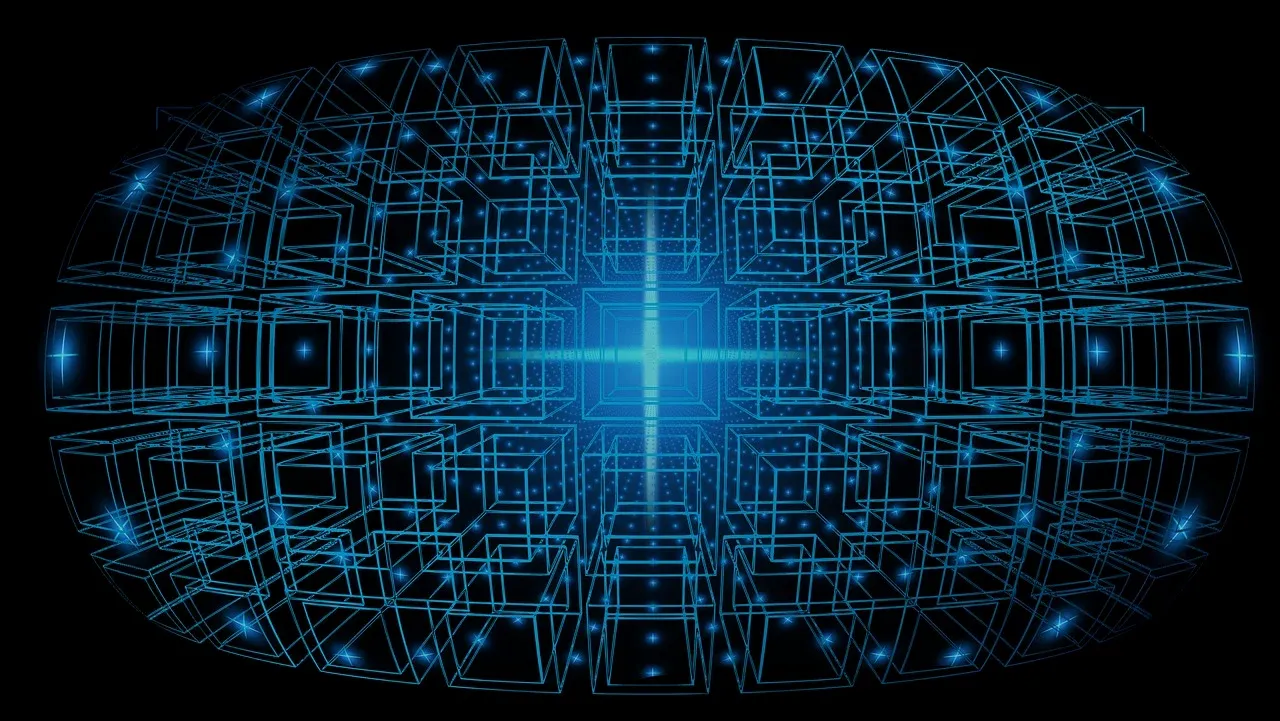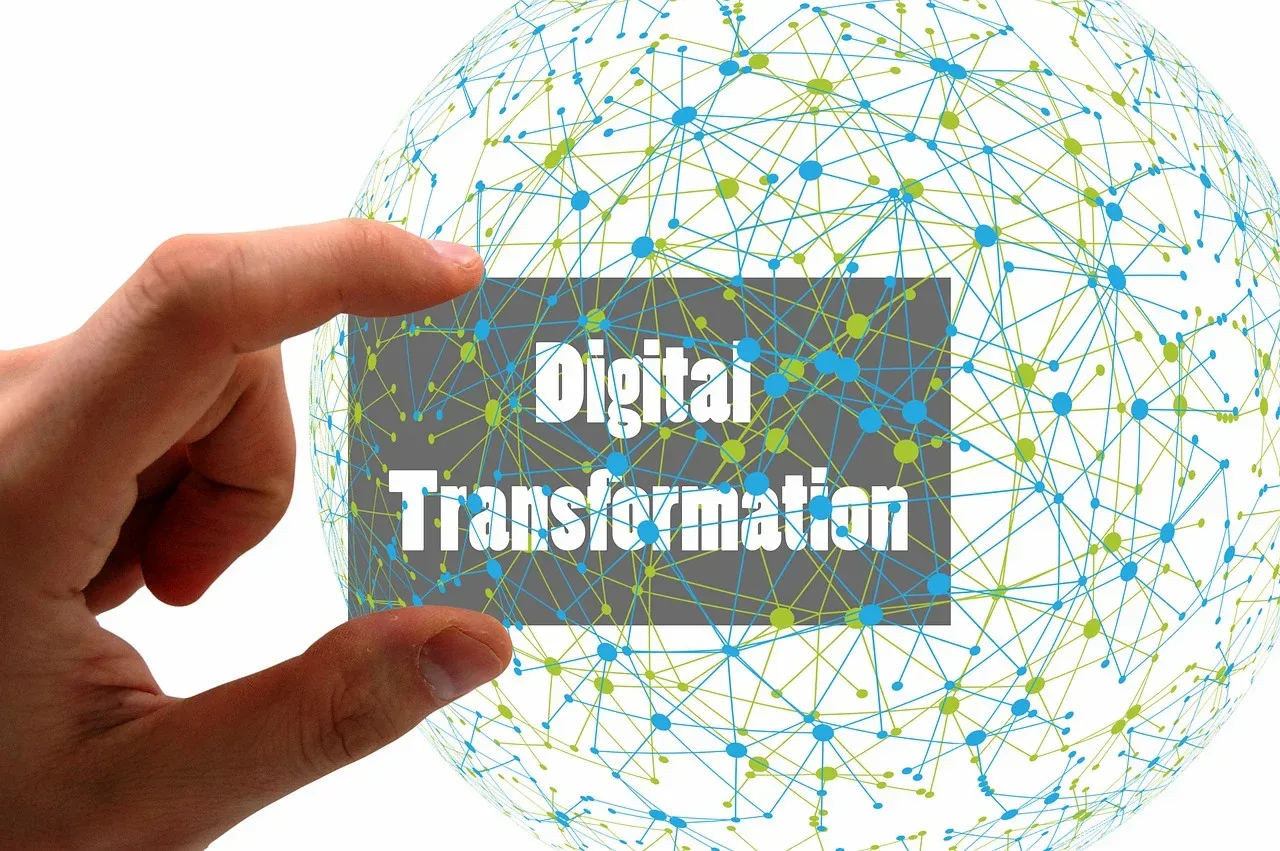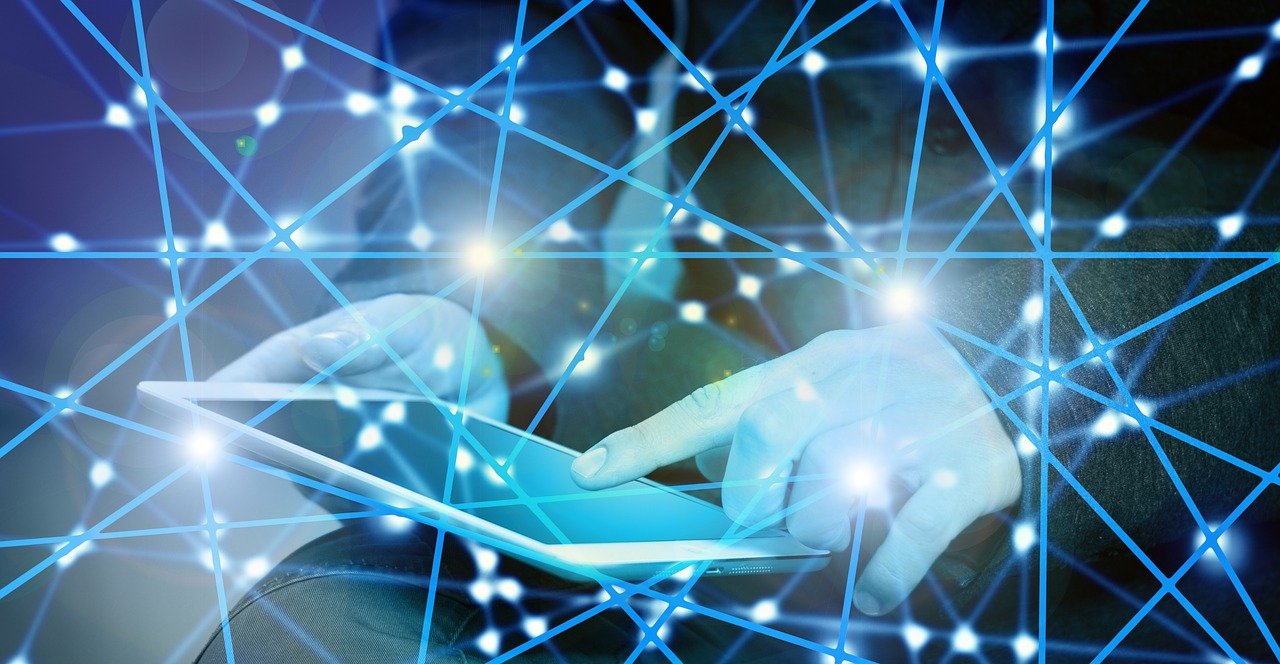Exploring DAOs (Decentralized Autonomous Organizations) in Gaming
3 comments
INTRODUCTION
One of the new concepts that have changed countless industries since the rise of blockchain technology is the gaming sector. Among the most promising processes is the adoption of Decentralized Autonomous Organization. DAOs are created to address so-called corporate entities, who have emerged in response to Junior's concern over the predominance of pixelated avatars with red ties.
Such in DAOs governance comes as change to players, game builders, and other players of the gaming room. However, in the gaming sector, DAOs alter the dynamics of virtual world creation and the participation of users. These organizations mostly serve by deciding how the games would be updated and how the users can be recompensed within the gameplay. On top of that, DAO improves the gaming experience as users completely own all of their virtual property. As a result, players can truly benefit from new experiences instead of simply having their time exploited by businesses.
The adaptation of DAOs within gaming follows the positive movements observable with Web3 where user-free control and gain are being of priority.
DEMOCRATIZING GAME DEVELOPMENT AND GOVERNANCE
One of the primary ways in which DAOs disrupt the gaming industry is by democratizing game development and governance. In most gaming companies, decisions about game mechanics, updates, and content are made by a small group of people at the top, with players having very little agency. But with DAOs, both players and developers have an equal say in determining the future of the game. Using token-based voting mechanisms, participants can submit proposals for changes to be made to the game, as well as vote on these proposals. The changes that get implemented are those that most members want implemented—not those decided on by some dude in a suit.
This kind of governance model turns players from passive content consumer to active co-creator. Players can even discuss on the feature development proposal introducing new features, which helps building a community and keeping players staying long within the game.
In addition, DAOs also eliminate all these time-consuming bureaucracy that adds huge burden to all traditional game companies. If a proposal attained enough votes, decisions could be executed automatically by smart contract.
OWNERSHIP OF IN-GAME ASSETS:
One of the main functions that DAOs serve in gaming is providing ownership of in-game assets. Players in traditional gaming spent their time and money to acquire digital assets like weapon, skins or virtual land, but those remain in control by game developers. Player can lose them all when the game’s server is closed down or if their account got banned. DAOs use blockchain and Non-fungible Token (NFT) integration to give players full control over their digital assets.
In a DAO-driven game, assets will be stored on the blockchain and owned by the players. This means players can trade, or use their in-game items in different platforms. Players really own their achievements and are opportune to really starts monetizing their in-game hard work.
Assets ownership can also comes with governance right in the DAO as well. Players who own more important assets has bigger say on the game development through weighted voting etc… Players who have vested interested on success of how your game develops financially and emotionally have more say on it.
FINANCING AND STARTING NEW TITLES:
DAOs in gaming also assists in the financial part and initiation of new games. In-house game development needs a lot of money in the beginning usually from people or organizations looking for returns. This way tends to restrict imagination and most of the time developers tend to compromise gamers to make some bucks. The DAOs, however, use a different method of financing games. They use the initiative of the community.
In the case of a gaming DAO, the members can also combine their finances to assist in the creation of new games or game elements. Individual Token holders could vote with dollar votes and even more in terms of project funding so they sure know that the games being worked on are surely supported by the community. This decentralized model of games funding resists stagnation since game developers are not at the mercy of a few investors hence they are able to create games from the viewpoint of the community.
Not only that, once the game had been released, the governance of the game could continue to be under the mandate of the DAO, allowing the game to be developed as per the community’s observations. Players who helped raise funds for the game might as well be given some rewards as in-game tokens or even certain NFTs so as to encourage the players in assisting the further step of the project.
INCENTIVIZING PLAYER PARTICIPATION:
DAOs in gaming is also very good at incentivizing player participation as it rewards their contributions to the game’s ecosystem. Unlike traditional games where players are rewarded with in-game items or progression, DAO-based games can offer real-world value in the form of cryptocurrency or NFTs.
This incentivization helps players to be c more engaged and promotes long-term participation. In addition players are not only motivated to play the game but are also motivated contribute to its development and governance, knowing that their efforts will be rewarded.
CONCLUSION
DAOs are transforming the gaming industry by putting gamers in control of the game governance, enabling true ownership of digital assets, and offering new methods for funding and rewarding participation. This helps to create a more inclusive and transparent gaming experience.



Comments